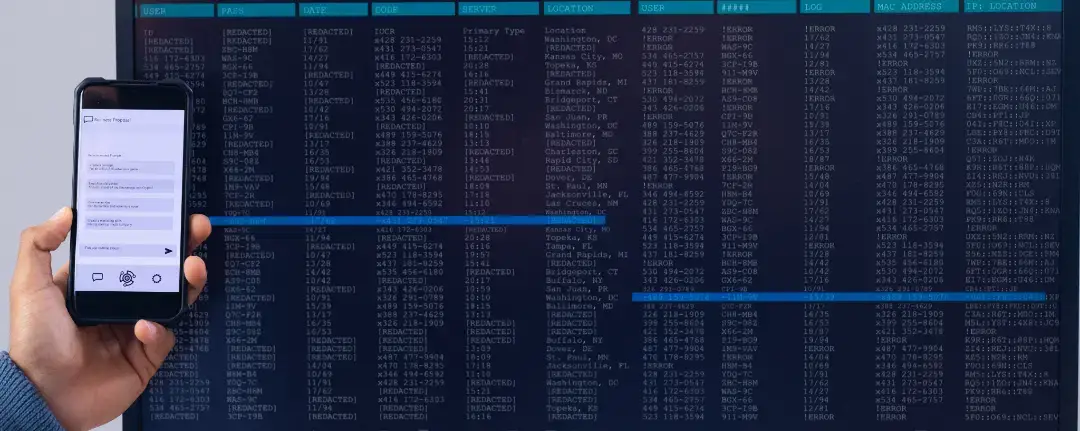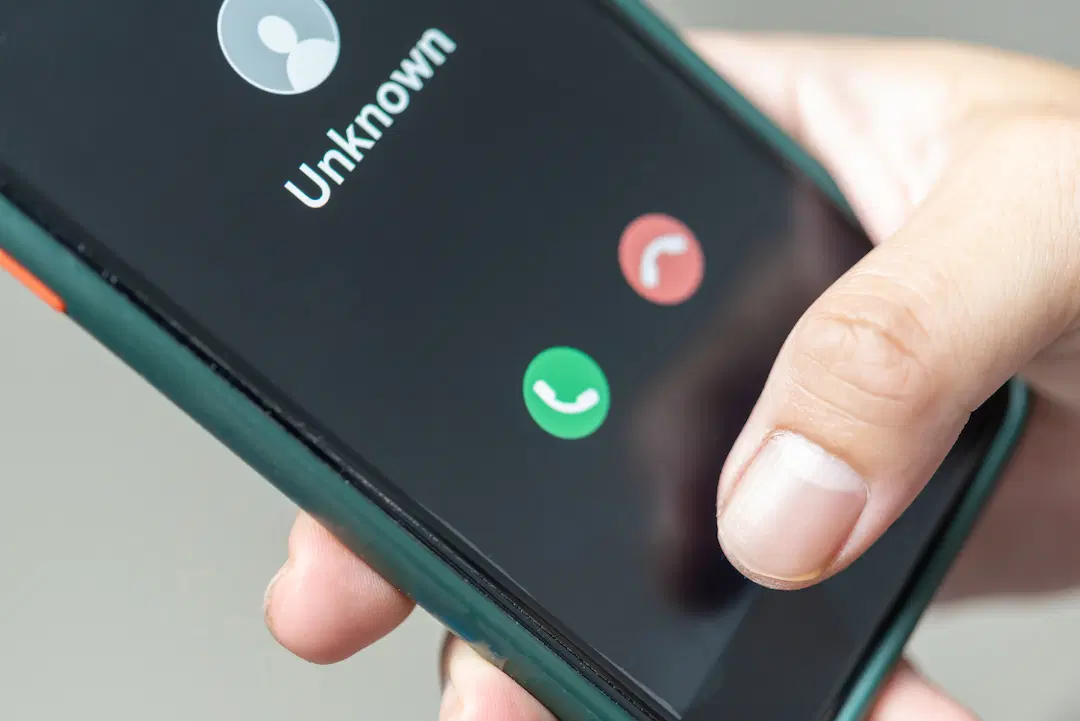Recently, telephone users have seen a surge in unwanted calls, including robocalls and illegal calls, which have become a pervasive issue. The FCC, in collaboration with entities such as TransNexus, is actively working to combat this problem through various call-blocking mechanisms. This guide offers an overview of these efforts and their role in protecting consumers and businesses alike. We will explore what’s behind DNO call blocking and other tools available.

Understanding DNO Call Blocking
DNO (Do-Not-Originate) call blocking is a crucial strategy employed by voice service providers to block calls based on a reasonable do-not-originate list. This list contains phone numbers that should not originate calls, helping to prevent unwanted and illegal calls from reaching consumers. It’s an essential tool in the fight against robocalls.
What is DNO Call Blocking?
DNO call blocking is a method where voice service providers block calls from specific phone numbers known to be associated with illegal or unwanted calls. This proactive approach leverages a reasonable DNO list, compiled and maintained by entities such as TransNexus, to identify and block calls that transit through providers along the call path to prevent illegal activity. The list significantly reduces the number of robocalls reaching end-users.
Importance of Call Blocking
Call blocking is critical in mitigating the nuisance and potential harm caused by unwanted calls. By implementing call blocking, service providers can protect their customers from fraud, scams, and privacy invasions. This is particularly important for vulnerable populations whom illegal callers often target. When calls are blocked effectively, overall trust and security in telecommunications are enhanced.
Overview of FCC Regulations
The FCC plays a central role in regulating call blocking services and implementing blocking requirements, with a crucial deadline set for December 15, 2025. The Federal Communications Commission mandates that all voice service providers use a reasonable do-not-originate (DNO) list to block unwanted calls effectively. This regulation requires providers along the call path to block calls based on a reasonable DNO list, thereby minimizing illegal and unwanted calls, including robocalls. Additionally, providers must notify callers when calls are blocked, enhancing transparency and consumer protection. By adhering to these call-blocking rules, service providers can significantly reduce the incidence of scam calls and enhance the overall security of consumer voice calls.
Role of the National Do Not Call Registry
The National Do Not Call Registry is a key tool for consumers to block unwanted calls. Managed by the Federal Trade Commission (FTC), this registry allows individuals to register their phone numbers to reduce telemarketing calls. While it doesn’t block all unwanted calls, it’s an essential step in managing unwanted solicitations.
How the National Do Not Call Registry Works
The National Do Not Call Registry allows consumers to register their phone numbers, signaling to legitimate telemarketers that they do not wish to receive calls. Telemarketers are required to scrub their call lists against this registry and are subject to penalties for calling numbers on the registry. However, the registry primarily targets legitimate telemarketing and may not stop illegal calls.
Benefits of Registering Your Number
Registering on the National Do Not Call Registry can significantly reduce the number of telemarketing calls you receive. Taking this simple step can save time and reduce the annoyance of dealing with unwanted solicitations. While it won’t eliminate all unwanted calls, it’s a proactive step in protecting your privacy. The National Do Not Call Registry offers increased protection.
How to Report Unwanted Calls
Reporting unwanted calls is crucial for helping authorities track and combat illegal robocalls and scams. Consumers can report unwanted calls to the Federal Trade Commission (FTC) through their website or by phone. Providing details such as the phone number, date, and time of the call can help the FTC identify and pursue those responsible.
TransNexus and Advanced Call Blocking Solutions
Introduction to TransNexus
TransNexus is a key player in developing and implementing advanced call blocking solutions. Their expertise in call data analysis and network management helps voice service providers effectively block unwanted calls and mitigate fraud. The reasonable DNO list maintained by TransNexus is a crucial resource for service providers in the call path who aim to protect their customers from robocalls and illegal calls. TransNexus provides tools to block unwanted calls.
Rich Call Data and Its Benefits
Rich call data provides valuable insights into call patterns and behaviors, and allows voice service providers to block. This data is used to identify and block calls based on suspicious characteristics. By analyzing call data, service providers can proactively block calls and detect potential fraud, significantly reducing the impact of unwanted calls on consumers and businesses. TransNexus utilizes rich call data in its blocking services to enhance accuracy and effectiveness.
Immediate Notification of Analytics-Based Blocking
Immediate notification of analytics-based blocking allows voice service providers to respond to emerging threats quickly. When a call is blocked based on analytics, notifications alert providers, enabling them to refine their blocking strategies and further protect their networks. This real-time feedback loop is crucial for maintaining an effective defense against unwanted and illegal calls, ensuring that call blocking remains current and adaptive.

Implementing Call Blocking with Service Providers
Choosing a Voice Service Provider
Selecting the right voice service provider is essential for effective call blocking. Look for service providers who utilize advanced technologies like TransNexus and prioritize blocking requirements. A reliable voice service provider should offer features such as DNO blocking, STIR/SHAKEN implementation, and robust fraud detection to protect you from unwanted calls and those that transit through providers along the call path, based on a reasonable do-not-originate list.
Providers to Block Unwanted Calls
Several service providers specialize in blocking unwanted calls. These providers often use sophisticated algorithms and comprehensive databases to identify and block robocalls, scams, and other forms of telephone fraud. Some providers may also offer customized blocking solutions tailored to specific needs. Choosing a provider with a proven track record can significantly reduce the number of unwanted calls you receive due to regulatory requirements.
Understanding Blocking Requirements
Understanding blocking requirements is critical for businesses and consumers alike. The FCC sets guidelines for service providers to block unwanted calls and provides a framework for reasonable DNO blocking. By familiarizing themselves with these requirements, consumers can advocate for stronger protections and ensure that their voice service provider is taking adequate steps to block unwanted calls as part of DNO blocking.
Best Practices for Stopping Unwanted Calls
Practical Tips for Consumers
Consumers can take several practical steps to mitigate the impact of unwanted calls. Here are a few practical actions:
- Registering with the National Do Not Call Registry.
- Utilizing call blocking apps and features on smartphones.
Be cautious about sharing your phone number, and report unwanted calls to the FTC to help combat illegal calls. This proactive stance helps ensure you block calls effectively.
Expert Insights on Effective Call Blocking
Experts suggest a multi-layered approach to blocking unwanted calls. This strategy typically involves several key components:
- Leveraging the National Do Not Call Registry.
- Using call blocking apps.
Additionally, it’s important to ensure your voice service provider employs advanced techniques like reasonable DNO blocking and STIR/SHAKEN implementation. Understanding the Federal Communications Commission’s blocking requirements can further empower you to demand better protection from your provider and others, thereby enabling more efficient call blocking.
Common Pain Points and Solutions
One common pain point is the persistence of illegal calls despite registration on the National Do Not Call Registry. There are a few approaches consumers can take to combat this:
- Use call blocking apps that identify and block calls based on analytics and community reporting.
- Choose voice service providers that offer detailed information about their call-blocking strategies and a reasonable DNO list.
What’s Next?
Contact Carolina Digital Phone for More Information
To further protect your business from unwanted calls, consider contacting Carolina Digital Phone. We are committed to providing exceptional Hosted VoIP services with robust call-blocking features. Our US-based local support engineers in North Carolina can help you implement the latest blocking requirements to defend against robocalls and illegal calls. We utilize advanced technologies, a reasonable do-not-originate list, and transparent pricing.
Resources for Further Assistance
For more information on call blocking, the FCC and FTC websites offer valuable resources. You can find details on regulations, how to report unwanted calls, and tips for protecting yourself from scams. TransNexus also provides insights into advanced call blocking solutions that voice service providers can implement. These resources offer a deeper understanding of call blocking and labeling.
Stay Informed on Call Blocking Developments
The landscape of call blocking is constantly evolving. Staying informed about new technologies, regulations, and strategies for blocking unwanted calls is crucial. Follow industry news, participate in forums, and consult with experts to ensure you’re using the most effective methods to protect yourself and your business. Continuous learning will help you adapt to emerging threats and maintain robust call blocking.
Still have questions? We’ve got answers. The experts at Carolinia Digital Phone are happy to talk with you about DNO call blocking and how we can help you grow your business. Call today, (336) 544-4000!

